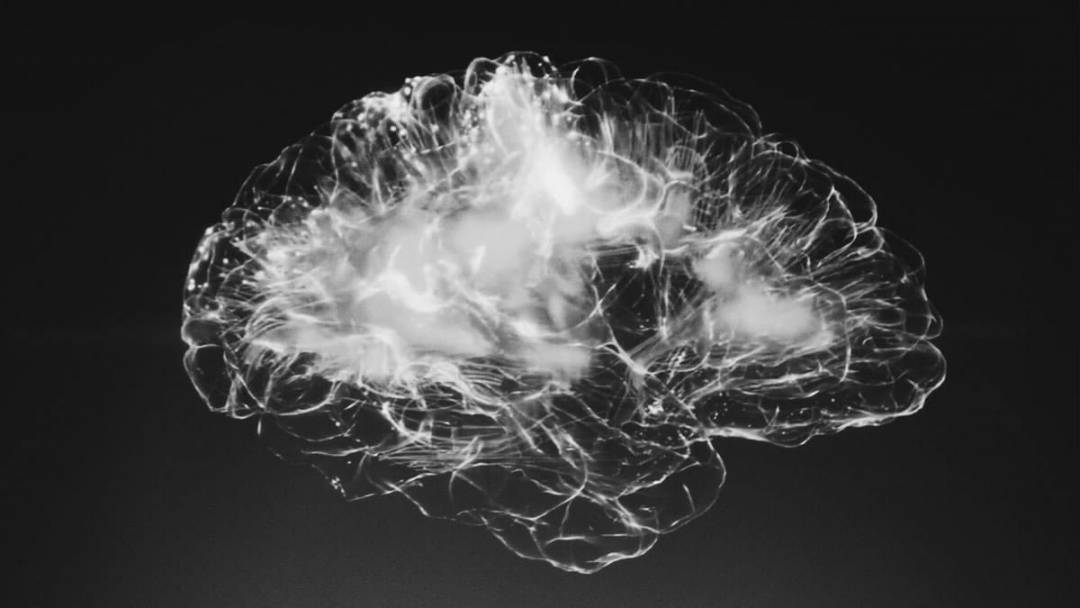Brain fog or mental fog, is a term used in medical science to refer clouding of consciousness, referring to an abnormality in the regulation of consciousness which is mild and less severe than a insanity. A victim might experience a subjective sensation of mental blurriness described as feeling “foggy”.
A Brain fog may cause confusion, disorientation and affect a person’s memory. Apart from this, mental blurriness may also disturb a person’s usage and understanding of language, ability to process and understand information, cause difficulty in memorizing and remembering visual and spatial skills, recognizing shapes, navigating spaces, disturbing the ability to calculate and work things out and also dysfunction organizing, problem solving , and planning skills.
When one or more of these functions do not work effectively, it becomes difficult to understand, focus, and remember things. It can lead to stress and mental fatigue.
Causes of Brain Fog:
Multiple Sclerosis:
People with MS usually experience some changes in their ability to make decisions and difficulties to process and remember information. Although these changes do not affect a person’s ability to live independently and are mild to moderate, but they can still lead to frustration and hindrance in daily tasks.
Fibromyalgia and chronic fatigue syndrome:
Fibromyalgia causes pain throughout the body which can affect a person’s memory and concentration. Chronic fatigue syndrome (CFS) is also a long-term and chronic condition which results in severe tiredness and problems with thinking.
Depression and stress:
Depression is a serious emotional disorder that affects how someone thinks and feels. Problems with memory, focus, decision-making and sleeping and a lack of energy and concentration can contribute to brain fog. Naturally, stress and anxiety can also make it difficult to think clearly.
Iron deficiency anemia:
When red blood cells do not deliver enough oxygen to the body’s organs and tissues, you may experience mental and physical exhaustion and shortness of breath. This can cause brain fog.
Hormonal changes:
Alteration in a person’s hormone levels can affect their brain functioning, especially during pregnancy or menopause.
According to research, hormonal changes during the menopausal transition makes it harder for women to remember new information and to focus their attention on challenging tasks. Weak memory and other mind related problems like brain fog are common in thyroid and hormonal disorders.
These Symptoms Indicate That You are Developing Anxiety Disorder
Postural tachycardia syndrome:
Postural tachycardia syndrome (POTS) is the unusual changes in heart rate and blood pressure when standing up. According to reports, adolescents with POTS claimed they often had symptoms of brain fog, like confusion, cloudy thinking, and difficulty remembering, focusing, thinking, and communicating..
Alzheimer’s disease:
Alzheimer’s and dementia type diseases involve symptoms of brain fog. In an Alzheimer’s disease, plaques of protein build up in a person’s brain which affects brain functioning, led by several cognitive and other symptoms.
Obesity:
Obese people may also experience brain fog. According to scientists there is probably a link between brain fog, obesity, and inflammation.
Medication:
Some medications can adversely affect an individual’s mental state like drugs for chemotherapy, sleeping pills, drugs for depression and anxiety, pain relief medications, statins or corticosteroids.
People should speak to a doctor about any side effects that happen due to the medication they are taking. If the medication cannot be changed, the doctor can help the individual with coping strategies for brain fog.
Lifestyle tips:
Healthy people can also experience brain fog can because of their lifestyle factors like being too busy to rest and relax, lack of sleep, having stress or a sedentary lifestyle. A diet which focuses heavily on processed unhealthy foods that are high in fat and sugar, may contribute to brain fog.
Symptoms of Brain Fog:
Inability to pay attention: You may have problems completing thought, following a conversation, finishing task works, or focusing on a book, movie, or TV show.
Problems with your memory: You may have difficulty remembering simple things, and you may have to rely on writing things down otherwise you lose things frequently.
Difficulty with executive functioning: You can’t make decisions without worrying about the possible outcomes of decision making or you can’t multitask.
Your reaction time is affected: You complete tasks slower than you used to, feel tired, like your brain is blocked.
Symptoms of depression: You may experience symptoms of depression which can affect your mental abilities. For example, lack of sleep or fatigue due to depression may also cause your brain feel foggy.
Brain fog Treatment:
When your brain is foggy, it’s a cry for help. You should give it a break. Effective treatment involves treating your brain with love and kindness. Rest, move, meditate and nourish yourself with mindfulness.
Perform calm and meaningful rituals regularly to clear your mind and focus on your energy. Fortunately, brain fog is not a permanent condition.
Treatment of brain fog involves brain and self-care which involves these key things:
- Rest your brain
- Anxiety and Stress management
- Returning stress hormones to healthier levels
A healthy diet helps brain fog by providing nutrients and hydration to the brain and body. To operate optimally, the brain needs good quality fuel and stabilize blood sugar levels. For this you can:
Replace unhealthy, fatty and sugary foods with fruits and vegetables, whole grains, lean meat, seeds, nuts, omega-3 fatty acids, and other nutrients like vitamin, calcium, iron or zinc supplements to upgrade any deficiency in your body.
Always have a bottle with you and stay hydrated by drinking lots of water or fresh juices. Avoid sodas and other sugary drinks.
How to clear brain fog instantly:
Provide your brain with more oxygen by breathing slowly and deeply. Develop a habit of breathing from your belly.
Movement increases blood flow to the brain. This helps clear the mind clutter, cloudy thinking, and negative thoughts and increases energy, which lacks during bouts of brain fog. Some effective exercises for helping brain fog can be:
- Walking
- Swimming
- Yoga
- Workouts
- Tai Chi
- Gardening
- Strength training
To get an extra bonus while lifting brain fog, make sure you do something that you love and enjoy. Actively creating happiness and feeling lighter is a potent fix for brain fog.
10 Signals From Our Bodies That Need to Be Taken Seriously As A Warning














